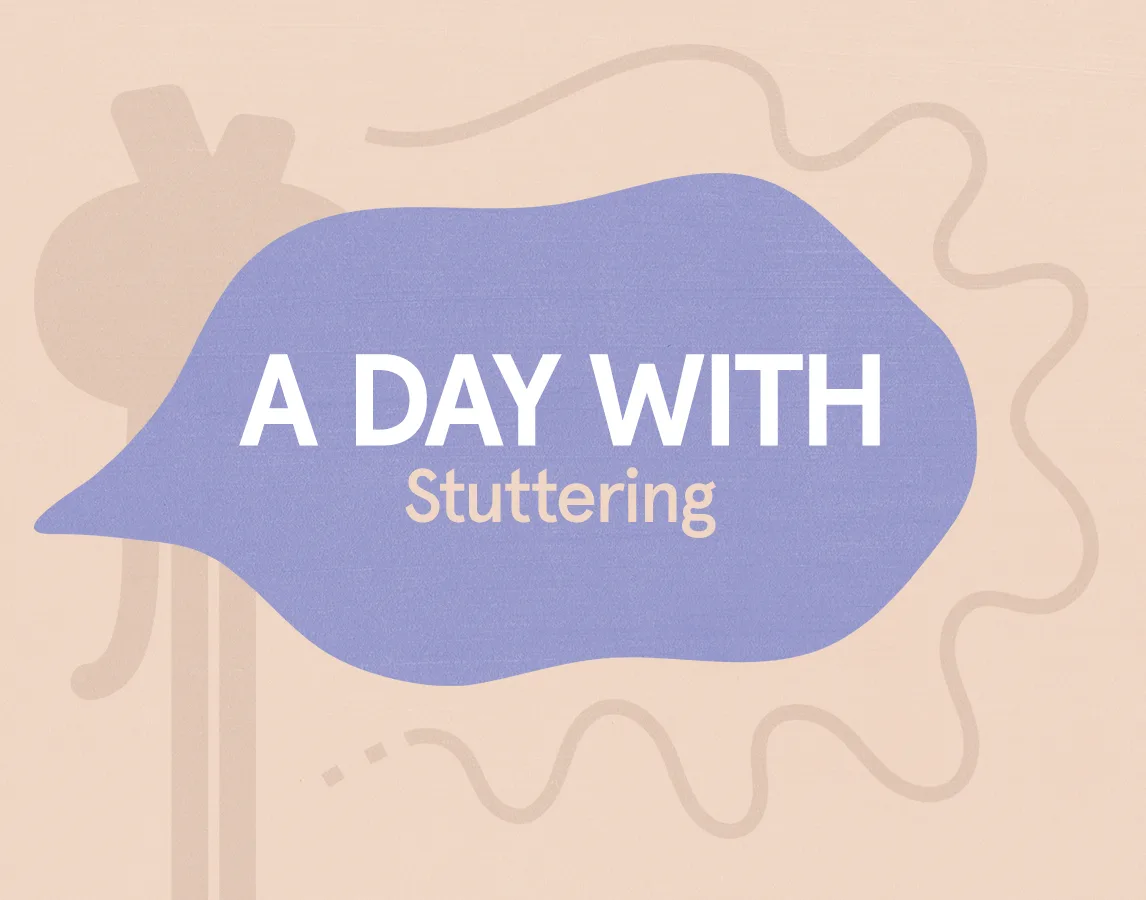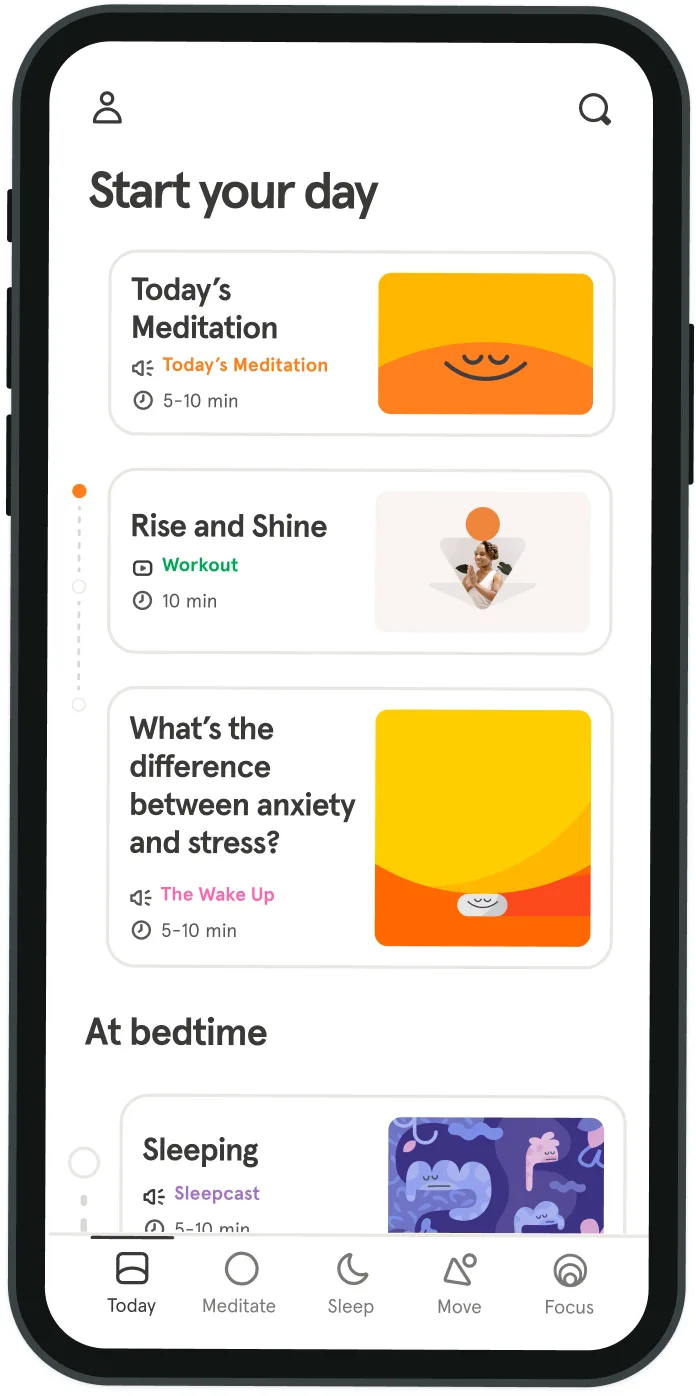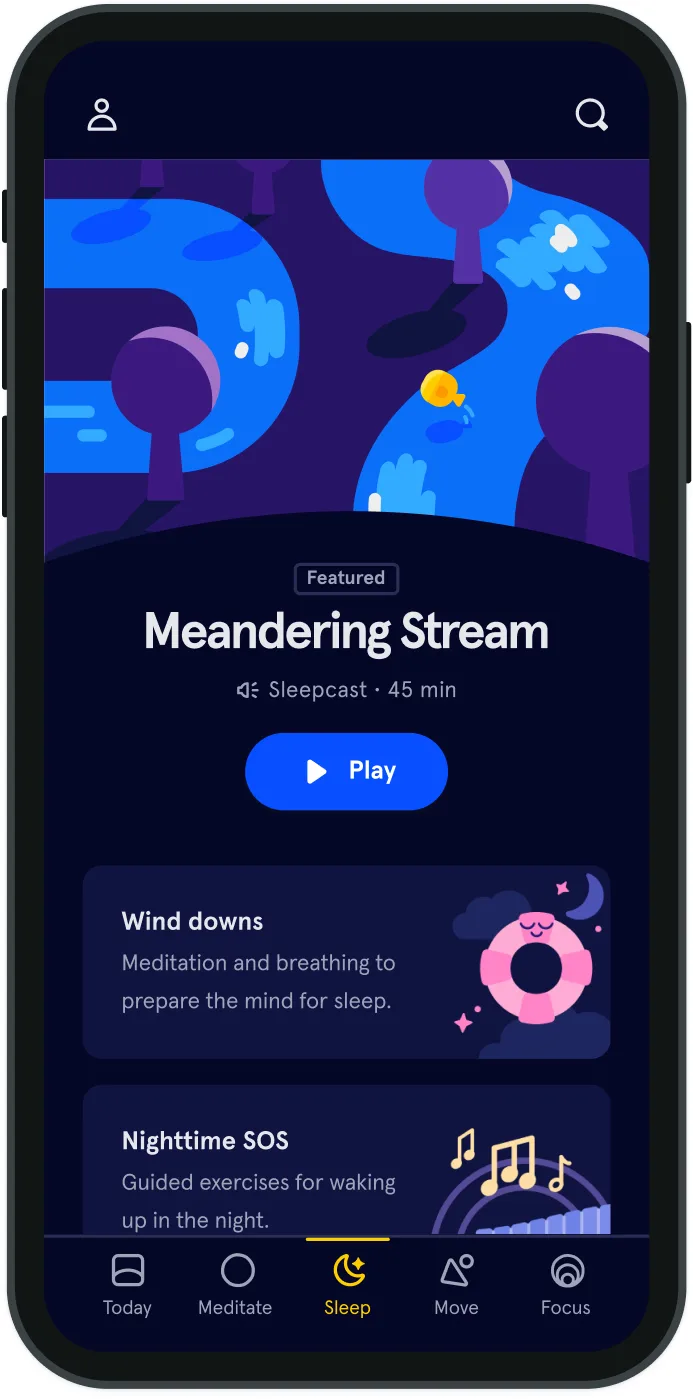A Day With: Stuttering
[Editor’s Note: This piece is part of an ongoing series of personal essays on what it’s like to live with a mental health diagnosis. Each piece describes a singular and unique experience. These essays are not meant to be representative of every diagnosis, but to give us a peek into one person's mind so we may be more empathetic to all.]
If you Google “stuttering facts” you’ll receive 440,000 results of articles and studies; and if you previously knew nothing about stuttering, except for maybe an awareness of that Colin Firth movie in which he portrayed a stuttering king, you’d learn statistics first.
You’d learn that roughly five percent of children develop a stutter during childhood, and while some of these children grow to leave their stutter in the rear-view of childhood, 1one out of every 100 children who stutters will not. “Stuttering is more common in boys than girls”, says one study. A website called Speak Easy, a support group “run by people who stutter, for people who stutter,” confirms that stuttering affects four times as many males than females. When I Googled “stuttering facts” I was not learning anything I didn’t already know—I’ve stuttered all my life. Still, I had an unanswered question: how do people who stutter go about their lives, and not only live but thrive in spite of what can often be a demoralizing fact of life? Here’s a day in the life for me: Usually, the first thing that happens in my day is meditation. Meditation happens first thing because I’ve learned over the years that meditation needs to be the first thing I do after waking up. Meditation has been a practice in my life for 10 years, off and on. When I first read about meditation I was a spirituality-starved 23-year-old who was always seeking divine guidance, of any kind, from any deity. I didn’t think meditation could or would alleviate any of the stress and intense anxiety I had about being a person who stuttered.
I was in elementary school the first time I remember crying to the ceiling in quiet desperation about my stutter. God—whatever or whoever that was—hadn’t answered my prayers then and I never thought that would happen in my 20s in the form of meditation. When meditation came into my life I had long stopped being the little girl who thought that if she just behaved correctly and stopped being so sassy, maybe one day she’d wake up and be stutter-free. Ten years later, I sit and breathe first thing in the morning because it grounds me. Meditation anchors me to the moment, which is one thing that can get lost when trying to scramble for words that struggle to show up. I’m a freelance food writer, which means I work from home. I try to make sure to be at my laptop by 8 a.m., but most mornings I’m answering emails or doing research before then. Coffee tends to make the anxiety related to my stutter worse, but coffee is a habit that tastes good. The process of making coffee every morning can be kind of meditative if you think about it in a certain way. I tell myself these things, and I drink the first cup of the day. On this day, I know that I have an 11 a.m. phone call with a local chef I’m sourcing for an upcoming article. Phone calls are the bane of existence for just about every relatively young person I know. When you stutter, though, having to make a phone call can feel like a legitimate fight-or-flight situation. Imagine that, for biological, genetic, and environmental reasons, you possess an inability to speak with fluency for long periods of time. Imagine now that you have to call a stranger on the phone in order to get important information for your job. How might this make you feel? Would you panic? Would you reschedule the call or see about emailing your questions to the very well-liked chef instead? I have done all three of these things in order to cope.
I was in elementary school the first time I remember crying to the ceiling in quiet desperation about my stutter. God—whatever or whoever that was—hadn’t answered my prayers then and I never thought that would happen in my 20s in the form of meditation. When meditation came into my life I had long stopped being the little girl who thought that if she just behaved correctly and stopped being so sassy, maybe one day she’d wake up and be stutter-free. Ten years later, I sit and breathe first thing in the morning because it grounds me. Meditation anchors me to the moment, which is one thing that can get lost when trying to scramble for words that struggle to show up. I’m a freelance food writer, which means I work from home. I try to make sure to be at my laptop by 8 a.m., but most mornings I’m answering emails or doing research before then. Coffee tends to make the anxiety related to my stutter worse, but coffee is a habit that tastes good. The process of making coffee every morning can be kind of meditative if you think about it in a certain way. I tell myself these things, and I drink the first cup of the day. On this day, I know that I have an 11 a.m. phone call with a local chef I’m sourcing for an upcoming article. Phone calls are the bane of existence for just about every relatively young person I know. When you stutter, though, having to make a phone call can feel like a legitimate fight-or-flight situation. Imagine that, for biological, genetic, and environmental reasons, you possess an inability to speak with fluency for long periods of time. Imagine now that you have to call a stranger on the phone in order to get important information for your job. How might this make you feel? Would you panic? Would you reschedule the call or see about emailing your questions to the very well-liked chef instead? I have done all three of these things in order to cope.
Some online stuttering support groups suggest informing the person on the other end of the line that you stutter at the start of the call. The idea is to just get it out in the open, so the stutter is not this unnamed elephant in the room. This tactic may demonstrate a level of comfort about stuttering, which may also encourage the other person to feel more comfortable about a stutter. I’ve never felt comfortable enough to do this, and this day is no different. When the chef calls I am not calm because I’ve been thinking too much about “coming out” as a person who stutters, which feels similar to what I imagine a slow suffocation by a boa constrictor might be. I’ve also put too much pressure on myself this morning so I forgo outing myself as a stutterer to someone new today. The phone call itself goes okay. I stutter at the beginning of sentences, which is nothing new for me. The chef is as patient as he’s going to be, which is not at all. Thankfully by now, I have learned to not internalize another person’s reaction or response. If you are like the majority of the world and are a non-stutterer, speaking to someone who is can be a jarring experience. This used to break my spirit, and why wouldn’t it? This is the reality I have had to learn to make peace with. Going from not speaking to speaking involves a brief moment when I feel suspended from the air by my lungs. I sometimes feel trapped in my head, hyper-aware of my anxiety about upcoming communication. I complete the call, and as soon as we hang up, relief washes over me. Since I am recording the call for transcription later, I have the dizzying responsibility of listening to the conversation and myself, stuttering. If it sounds like I am still learning how to find peace about my stutter, that is true. I’ve read so much advice from other stutterers about the deep importance of acceptance; how accepting this one thing that seems so unacceptable is an invaluable way to cope. I am at a place in my life now when I can feel unease about my stutter, without spiraling into an identity or existential crisis. Still, acceptance of my stutter is not a linear process; I’ll have to continue to commit every single day. When I need to make phone calls for work, I’m reminded of the process. I’m grateful for the process, just as I am grateful to my stutter for being the greatest teacher of my life.
Acceptance is hard.
Days in which the only to-do’s on my work calendar involve standing over the stove trying to perfect tomato sauce, or rolling out pie dough for quiche, are too few and too far in between. After speaking with the chef, I begin work on testing a feta cheese sauce for an upcoming ‘zine I’m working on with a fellow food writer. I find myself in my element. I can often find my chill, albeit fleeting by taking out minor aggressions on cloves of garlic with the back of my knife blade. The scrape of a wooden spoon while sauteing onions and red chile flakes in a cast iron skillet is a simple thing I am grateful for. When I am cooking or baking, I am not thinking much about a speech impediment that I’ve struggled to accept all my life, I am simply a person who is cooking or baking—I am simply someone doing what she loves.
The "A Day With Mental Health" series is brought to you by Headspace and Bring Change to Mind (BC2M). BC2M is a nonprofit organization built to start the conversation about mental health, and to raise awareness, understanding, and empathy. These essays will publish weekly on Headspace’s the Orange Dot. Read the rest of the series here.



Be kind to your mind
- Access the full library of 500+ meditations on everything from stress, to resilience, to compassion
- Put your mind to bed with sleep sounds, music, and wind-down exercises
- Make mindfulness a part of your daily routine with tension-releasing workouts, relaxing yoga, Focus music playlists, and more
Meditation and mindfulness for any mind, any mood, any goal
- © 2024 Headspace Inc.
- Terms & conditions
- Privacy policy
- Consumer Health Data
- Your privacy choices
- CA Privacy Notice
